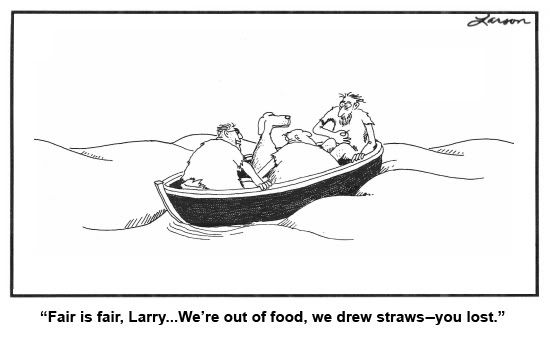"Our identity is not simply a nice question of where we feel comfortable. Our identity is about who we would kill, who we would kill for, what kind of moral community we identify with, or to touch on the greatest taboo, whom we would eat."
I love everything about this quote, courtesy of Chris Farrands via Rhonda Zaharna--from its inconsistent grammatical accuracy to the silliness of its conclusion. One moment I'm humming to myself as I noodle along through my weekly readings. I'm naive! Innocent! Foolishly presuming that I'm in touch with my cultural identity! The next moment I'm brought up short by the realization that I do not know whom I would eat. Until this moment I have never known myself.
All snark aside, I actually liked the argument Zaharna raises later in the chapter, namely that cultural differences could limit U.S. communication credibility. The U.S. has a fairly individualistic culture, whereas the majority of the world has a more collectivist culture. This results in different attitudes about the role of the individual and the group within society, how identities and relationships are formed, how stability is maintained, how truth is defined and how power is determined.
Culture isn't just an export to influence soft power, but a determinant of its formation. So whether or not we know whom we would eat, having a better understanding of the intrinsic elements of U.S. and other cultures could improve our ability to communicate.
Or, as Zaharna says, "All of the differences in cultural patterns have the potential to cause misunderstanding and misperceptions of U.S. public diplomacy. The more that is known about the underlying cultural assumptions that shape U.S. public diplomacy, the more culturally alert U.S. officials will be to potential unshared communication assumptions that can cause a public diplomacy initiative to fail, or worse, backfire."

No comments:
Post a Comment